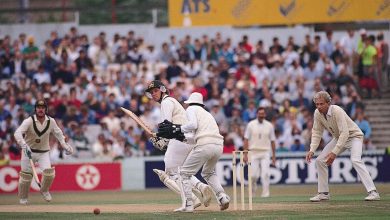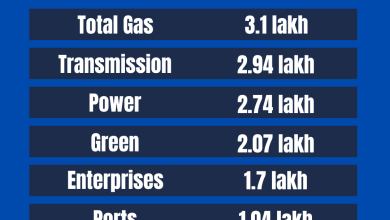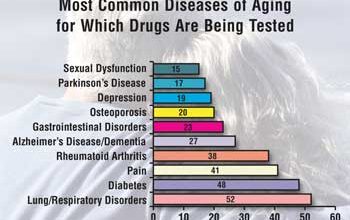Introduction And History of Ireland: A Journey Through Time
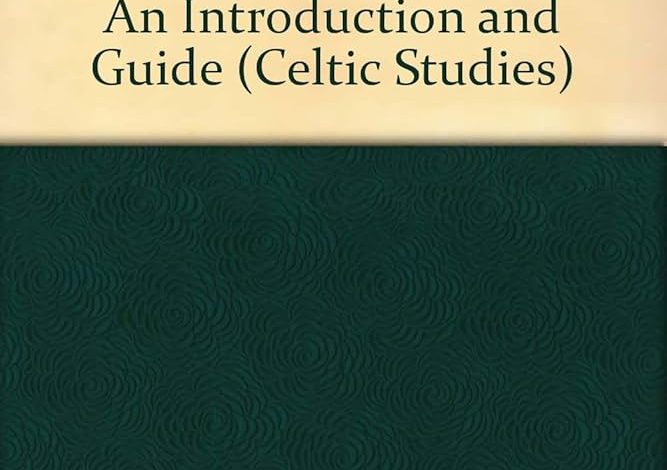
Welcome to the enchanting world of Ireland! This beautiful country has a rich history and culture. Let’s dive into the introduction and history of Ireland.
Geographical Overview
Ireland is an island in the North Atlantic. It is to the west of Great Britain. Ireland has lush green landscapes, rolling hills, and scenic coastlines.
| Feature | Description |
|---|---|
| Capital | Dublin |
| Population | Approximately 4.9 million |
| Language | English and Irish |

Credit: www.amazon.com
Early History
People lived in Ireland as early as 6000 BC. These early settlers were hunter-gatherers. They used stone tools and lived in small groups.
By 3000 BC, people started farming. They grew crops and raised animals. They also built large stone structures called megaliths.
Celtic Influence
The Celts arrived in Ireland around 500 BC. They brought their language and culture. The Celts were skilled metalworkers and warriors.
They introduced the use of iron tools. Celtic culture still influences Ireland today. Many Irish myths and legends come from this time.
Christianization of Ireland
In the 5th century, Christianity came to Ireland. Saint Patrick played a key role in spreading the new religion. He is now the patron saint of Ireland.
Many monasteries were built during this time. These became centers of learning and art. Monks created beautiful illuminated manuscripts like the Book of Kells.
Viking Invasions
In the 9th century, Vikings began raiding Ireland. They founded several coastal towns, including Dublin. The Vikings were fierce warriors but also traders.
They eventually settled and integrated with the Irish people. Viking influence can still be seen in some Irish place names and customs.
Norman Invasion
The Normans invaded Ireland in 1169. They came from England and Wales. The Normans built castles and towns across Ireland.
They introduced new farming techniques and laws. Over time, the Normans and Irish mixed, creating a unique culture.
English Rule
In the 16th century, England sought to control Ireland. This led to many conflicts and rebellions. The English tried to impose their language and religion.
By the 17th century, Ireland was under English rule. Many Irish people lost their land and faced harsh conditions.
Great Famine
The Great Famine struck Ireland between 1845 and 1852. A potato disease caused widespread crop failure. Millions of people faced starvation.
Many Irish emigrated to countries like the United States and Canada. The famine had a profound impact on Ireland’s population and culture.
Struggle for Independence
In the early 20th century, the Irish fought for independence from Britain. The Easter Rising of 1916 was a key event. It was a rebellion against British rule.
In 1921, Ireland gained independence as a free state. However, Northern Ireland remained part of the United Kingdom.
Modern Ireland
Today, Ireland is a vibrant and modern country. It is a member of the European Union. The economy has grown rapidly in recent years.
Irish culture remains strong, with music, dance, and literature being important parts of life. The Irish people are known for their friendliness and hospitality.
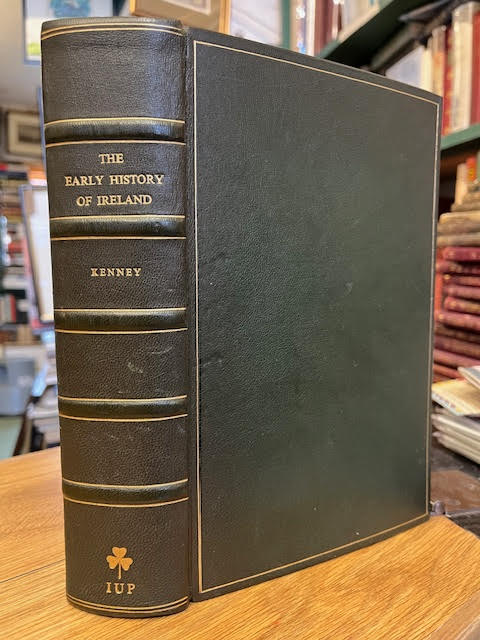
Credit: www.fosterbooks.co.uk
Key Historical Figures
- Saint Patrick – Patron saint of Ireland.
- Brian Boru – High King who defeated the Vikings.
- Michael Collins – Leader in the fight for independence.
Frequently Asked Questions
What Is The Origin Of Ireland’s Name?
Ireland’s name comes from the Irish word “Éire,” rooted in ancient mythology.
Who Were The First Inhabitants Of Ireland?
The first inhabitants were Mesolithic hunter-gatherers around 8000 BC.
What Is Ireland’s Celtic Connection?
Ireland has deep Celtic roots, dating back to around 500 BC with the arrival of the Celts.
How Did Christianity Arrive In Ireland?
Saint Patrick introduced Christianity to Ireland in the early 5th century.
Conclusion
Ireland’s history is rich and varied. From ancient settlers to modern times, Ireland has a unique story. Its culture and people continue to inspire the world.
Further Reading
If you want to learn more, here are some recommendations:
- Ireland.com – Official tourism website.
- History Ireland – Magazine on Irish history.
- National Geographic – Travel guide to Ireland.


